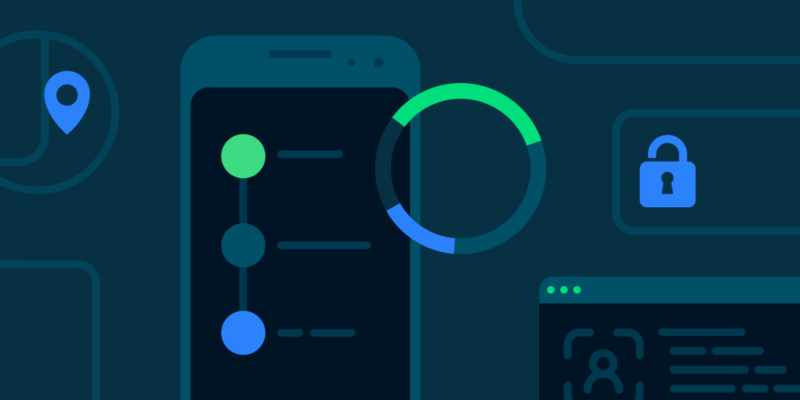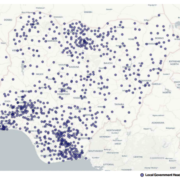Kaspersky analysed anonymised data, voluntarily provided by users of Privacy Checker – a website that offers helpful advice on privacy and security instructions for various Internet platforms and digital applications. According to the data, users are most interested in finding out how to set up privacy settings for services specifically on Android (85%). As for apps, most of this year’s requests were related to Google services security guidelines (22%).
RELATED: NCC-CSIRT alerts on ‘HiddenAds’ malware that steals users’ data on Google Play Store
According to a ‘Digital Privacy and Security Survey’ conducted by the Calyx Institute in 2021, 80% of respondents were worried about the topic of digital privacy over the last year and 59% said they felt more aware of how their data is treated than a year ago. To help allay these concerns, users can limit the amount of personal data that is available online, with services like Kaspersky Privacy Checker supporting this.
Kaspersky’s findings were obtained based on anonymous data relating to visits to the Kaspersky Privacy Checker website between January 2022 and July 2022. This included analysing which services and platforms users most often requested security setting instructions for.
Based on this data, there were far more requests for privacy guidelines for services on Android platform in comparison with other OSs. Windows and iOS got the same result (6%), and the lowest number of requests were recorded for MacOS (3%).
Figures for the most viewed pages on the Privacy Checker website also confirm greatest popularity for Android requests – the pages with top views were all related to instructions for services or apps run on this OS.
For services settings in general across different operating systems users were most often interested in guidelines for Google services (22%), WhatsApp (14%), operating systems privacy rules and Chrome (12% each). Instagram (11%) closed the top five, slightly outperforming Facebook this year in terms of the number of requests – its share was 10%.
Additionally, on the Privacy Checker platform, users can choose from three different levels of security settings that they can apply to different apps or services – tight, medium, and relaxed. This year for all services, the largest share of requests was related to medium level instructions. The exception was for the Safari browser, where users were more interested in the strictest privacy rules – 54% versus 45% for medium.
“Visitor statistics from the Privacy Checker show which aspects of online privacy and security most grabbed users’ attention. This year Instagram topped both Facebook and TikTok, which is surprising given the amount of scrutiny TikTok still receives from the public and authorities. It appears this may relate to the ‘terms of service’ updates made during this year, and users wanting to make sure that their personal data is safe no matter what,” comments Sergey Malenkovich, Head of Social Media at Kaspersky.
Detailed information on account privacy settings is available on the Kaspersky Privacy Checker website. In addition, Kaspersky has also prepared a short checklist to help users protect their personal information across all platforms:
- Security solutions often have a private browsing feature, which can help to avoid Internet tracking.
- Review permissions for mobile apps and browser extensions. It’s better to stay clear of installing browser extensions unless you really need them. Carefully check the permissions you give.
- Public storage is not the best place to store private information, such as passport scans or a list of passwords. A better option would be to keep them in an encrypted archive.
- It is good practice to update operating systems and important apps as and when updates become available. Many safety issues can be solved by installing updated versions of software.
- Try to avoid posting information that may give away too much, such as your address, personal phone number, e-mail address, and other private data. Before sharing anything, consider if there may be any unintended consequences, and do not share anything that might compromise your or someone else’s privacy.





























